Car is almost a necessity in US…At some point of you stay in US, you may plan to buy one either new or used. We never owned a car in India and I am not into cars at all. All the car jargon and terminology is like Greek and Latin to me. I do not understand a thing. After I came to US, I found myself in a kind of bad situation because of lack of basic knowledge of cars. I am sure some of you would be in same situation I was few years ago. Let me share with you some basic terms that you need to know about cars and why they are important for buying a used car.
Basic Car terminology :
I will try to write my version of the meaning, it is not technical by any means…if you are into cars and not happy with my explanation, feel free to add a comment correcting the same. I am not going to write everything, just those that I felt were new for someone naïve like me.
Sedan : It is nothing but a car with Four doors
Coupe : Car with two doors(no back doors). Also called Sports model or sports car version.
Convertible : Car with a foldable roof or top (automatic)
SUV : SUV means Sports Utility vehicle, it is a class of vehicles… It is bigger than car and has more power and looks like a Jeep, but not. ( It is like SUMO in India)
V6 or V4 : It refers to the number of cylinders in the engine. V6 means 6 cylinder, V4 means 4 cylinder. V6 has more power or acceleration than V4, it drinks a lot of gasoline
Moon roof : Aerial window on top of driver and front passenger with Glass
Sun roof : Aerial window on top of driver and front passenger with a door(NOT glass, just shutter). The difference between sun and moon roof is, if you have just sun roof, you cannot see outside moon through glass as the door is opaque. If there is a shutter and glass then it is both sun roof and moon roof. Nowadays most of the cars are sun and moon roof.
Timing belt: This is something that is part of engine and controls the timing of valves. It is very important to have this replaced after certain thousands of miles. Especially when you are buying a used car, you have to ask if the previous owner has replaced the timing belt at particular mileage. This will cost you some good amount of money, so you have to ask before you buy. Also, it is important for the engine and car to function well.
Brake Rotors: These are the discs in the disc brake system. They wear off after certain miles and they are key for stopping the vehicle when you brake. They are very expensive. Make sure they are in good condition; it has to be of certain width. You do not want to change them as it will cost money.
Brake Pads : Brake pads wear off, you can change them…Brake rotors are key. If the rotors are good, you can change the brake pads
Muffler : It is the exhaust pipe system all the way through where the smoke exits. It also wears off and should be changed after some time in used vehicles. It also costs good amount of money, Make sure there are no issues with Muffler when you buy.
Transmission: It is the gear box that provide speed and torque conversions from rotating source.
Manual Transmission : Manual means, you have change gears manually using your hands and clutch(something that you press when you change gear).
Automatic Transmission : There is no clutch and you do not need to change gears. You just put the car in Drive, it automatically changes gears. You just push the accelerator. You only change gear if you want to go reverse or when going up very steep hill (not very common, I never had to do this in past 6 years)
Coolant: A liquid that is filled in Radiator instead of water. You may have seen people pouring water in your home country, nothing here…it is a liquid and you do not change it often.
Other things related to Car
Jumper Cables : This is not part of car, but just putting it here…If the car battery dies, then you use cables to connect your car battery with another car battery to start your car. These cables are called jumper cables. It is very essential to have the jumper cables in used car.
No Tire tube: There are no tubes in the Car’s tires in US. If you have a flat tire, you either patch it or throw it. There is nothing like you change the tube inside and keep the tire…you just replace the tire…
Tool Box: Make sure you carry a tool box in your car. It is not very expensive, good to have one handy.
Can you think of any other Car terms that might be important to know ?













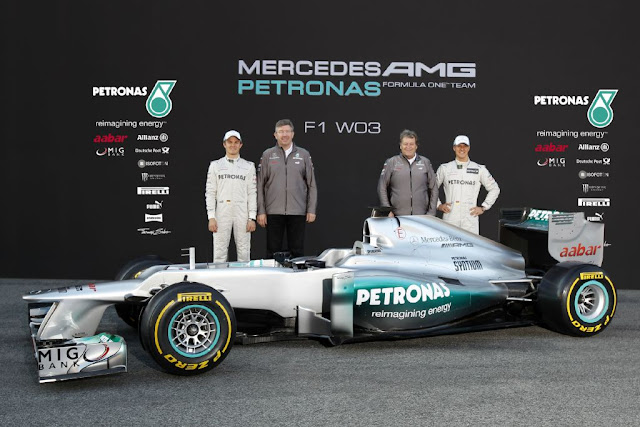
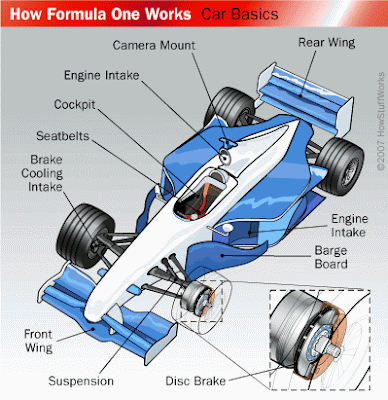
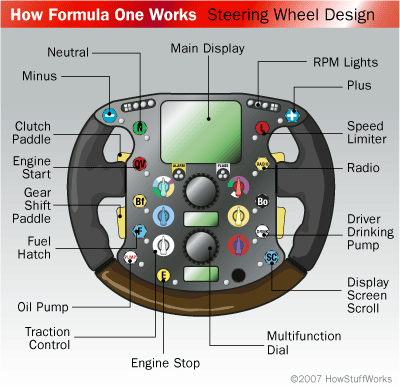

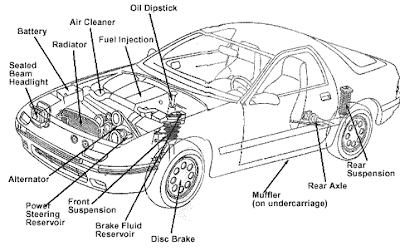
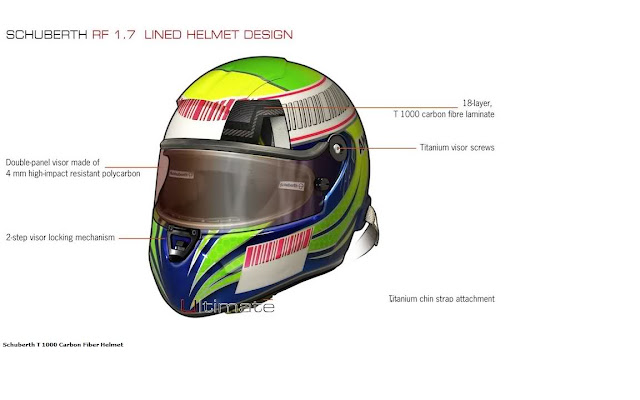
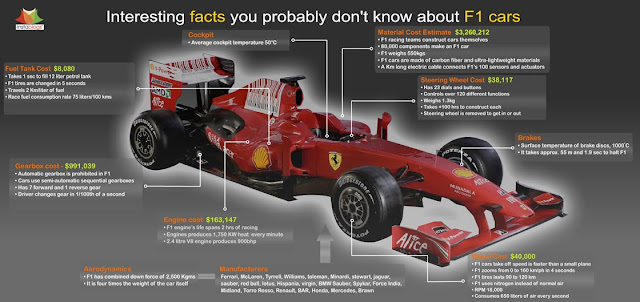
.gif)